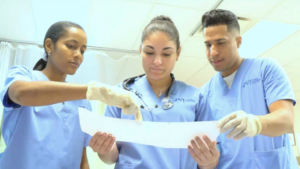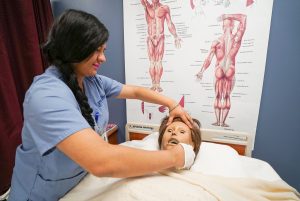
Many of us are familiar with the feeling of being in a busy hospital. With thousands of new patients visiting hospitals across the country, medical staff have a lot to keep track of. Caring for patients can become routine, often leaving patients feeling more like a number on a long list than a person. This is one issue that patient-centered care aims to tackle.
Patient-centered care is an approach to healthcare that takes the entirety of a person into account, including their emotional and social needs, rather than just their physical ailments and standard treatments. The result is often an improved healthcare experience for both patients and healthcare professionals.
What Is Patient-Centered Care?
The definition of patient care encapsulates treating patients in a way that also takes care of their mental well-being and physical comfort. Patient-centered care goes beyond this in aiming for more individualized treatment. It’s a more holistic approach to caring for patients, taking patients’ emotional, social, and spiritual needs into account as well as the physical.
Delivering patient-centered care involves building deeper relationships with patients and treating them with respect and compassion. A good patient care technician (PCT) will engage in open communication with patients to be able to deliver care that lines up with their cultural values and beliefs.
This type of care can be viewed as a collaboration, where healthcare professionals provide patients with the facts they need to be more active in care decisions and allow patients to opt for alternative treatment methods if available. The emotional needs of patients often take a higher priority than in traditional patient care, and patients may find it easier to access support, counseling, and education.
The Importance of Patient-Centered Care
While it can be difficult to deliver patient-centered care in environments with many patients, the results are often worth the investment. Not only do patients typically feel more empowered to make decisions about their care, but they also often leave the healthcare environment more satisfied. In addition, making efforts to see the whole of a person instead of just treating them as a statistic can be more fulfilling for healthcare professionals.
Studies show that a patient-centered approach to care can lower hospitalization rates, improve patients’ overall health, ease chronic condition management, and improve blood pressure control.
How To Become a Patient Care Technician
Being a PCT can be an extremely rewarding career. Along with working in hospitals, PCTs can be found across the sector in nursing homes, rehabilitation centers, and home healthcare agencies delivering care that puts the patient first. The role requires a lot of skills, including and not limited to:
- Assisting with wound care
- Conducting ECGs
- Drawing blood
- Handling ER procedures
- Nasogastric tube removal
- Personal care
The Patient Care Technician program in Florida at FVI School of Nursing & Technology can provide prospective PCTs with all these skills and more through online and in-person classes. The program equips graduates with the skills and diploma needed for entry-level PCT positions and assists with finding job placements. Start your journey today by applying for patient care tech school in Miami, FL. Learn more about our healthcare training programs in Florida.










